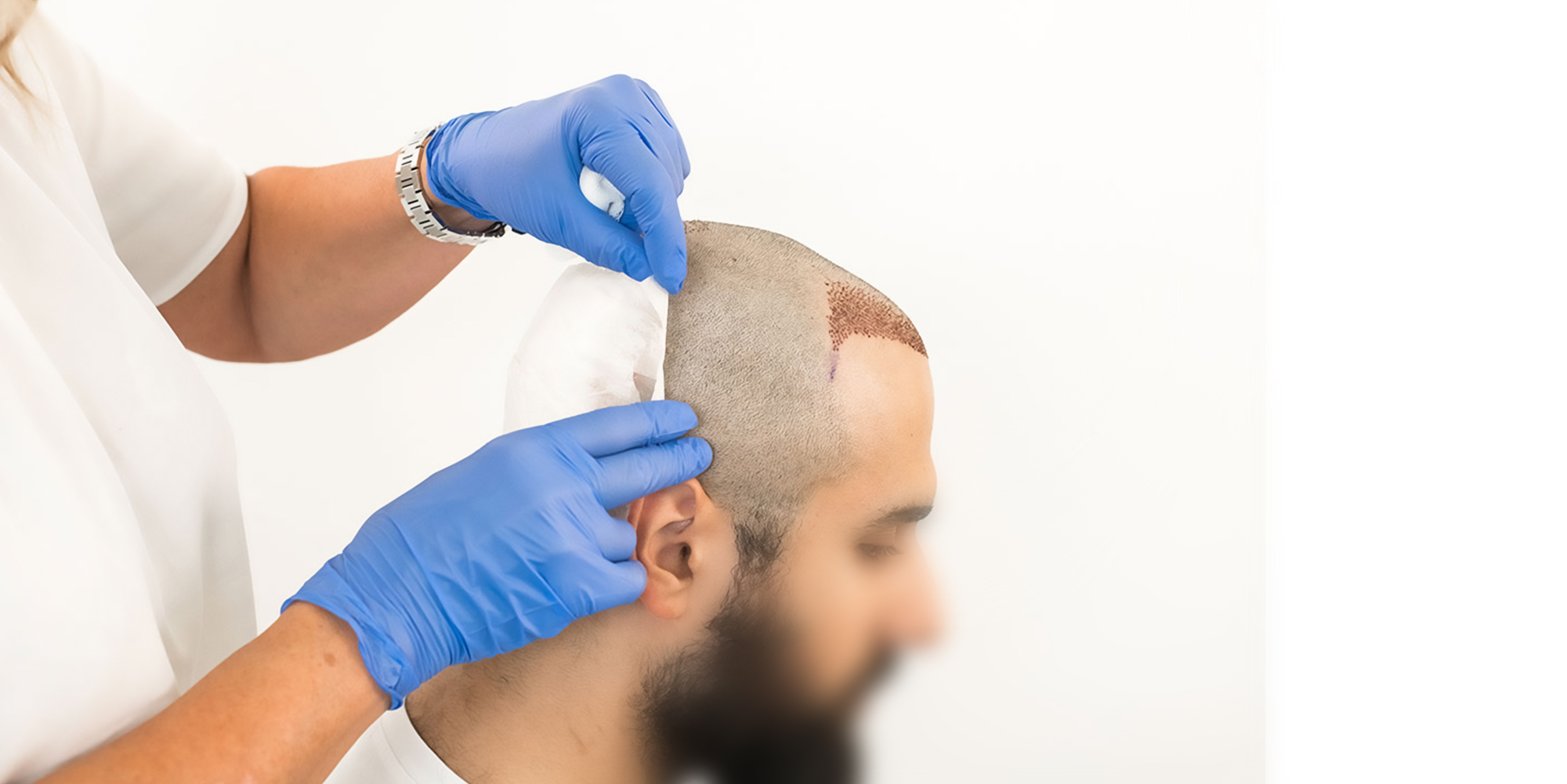A good candidate for a Hair Transplant in Islamabad is someone experiencing significant hair loss or thinning hair, often caused by genetics, aging, or certain medical conditions. It's essential that the individual still retains some healthy hair follicles on the scalp, which can be transplanted to affected areas. Candidates should have realistic expectations about the results, understanding that hair transplants improve appearance but may not restore full density. Having a stable hair loss pattern and good overall health enhances the success rate of the procedure.
Age and Hair Loss Pattern Compatibility
Typically, candidates are adults over the age of 25 because hair loss patterns tend to stabilize by this age. Younger individuals with ongoing or unpredictable hair loss might not be ideal candidates, as continued thinning can affect the longevity and appearance of the results. A consistent pattern of baldness or thinning ensures better planning and outcomes. Matching the hair transplant with age-related hair loss makes the procedure more effective and sustainable over time.

Donor Area Suitability
A suitable candidate must have a healthy donor area with enough hair follicles that are resistant to hair loss, usually from the back or sides of the scalp. The density and quality of this donor hair determine how well the transplant results will turn out. Those with adequate donor hair can achieve more natural-looking and fuller results. Individuals with scars, thin donor areas, or widespread hair loss might face limitations in achieving desired outcomes.
General Health Conditions
Good overall health is vital for a successful hair transplant. Candidates should be free from illnesses or conditions that impair healing, such as uncontrolled diabetes or autoimmune disorders. Non-smokers generally experience better results because smoking can impair blood circulation, affecting healing and hair growth. It's also advisable that candidates avoid blood-thinning medications before the procedure, as these can increase bleeding risks during surgery.
Hair Texture and Quality
The texture, thickness, and quality of existing hair influence transplant success. Candidates with coarse, healthy hair generally achieve a more natural appearance after the procedure. Fine or very curly hair may require different approaches to achieve the best aesthetic outcome. Consulting a specialist helps determine whether the individual's hair characteristics will effectively blend with the transplanted follicles.
FAQs
Is hair transplant suitable for women?
Yes, women experiencing pattern baldness or hair thinning can benefit from hair transplants, especially when hair loss is localized.
Can someone with diffuse thinning qualify?
Diffuse thinning makes it challenging as donor areas may be limited; a thorough evaluation is necessary to determine suitability.
Are there age restrictions for a hair transplant?
Generally, candidates are over 25 years old, though age alone is not a strict barrier; suitability depends on hair loss pattern and health.
What health conditions might disqualify someone?
Uncontrolled chronic illnesses, autoimmune disorders, or blood-clotting issues can affect eligibility due to healing concerns.
Does hair texture affect transplant success?
Yes, hair texture influences the naturalness of results; coarse hair often blends better, while very fine hair may need specialized techniques.
Final Review
A good candidate for a hair transplant is someone with stable, pattern-specific hair loss, sufficient healthy donor hair, good overall health, and realistic expectations. Proper evaluation ensures the best possible results, helping individuals restore their hairline and confidence effectively.





